Alle porte di Gaza
Queste parole sono dedicate agli eroi di Gaza che hanno provato ancora una volta che non sono dei muri fortificati che possono imprigionare lo spirito libero dell’umanità e che la violenza non può assoggettare la vita.
L’appello per andare oggi alle porte di Gaza nel momento culminante del pogrom messo in atto dai gangster dell’esercito di Occupazione contro gli abitanti della Striscia di Gaza riecheggia terribilmente quest’altro appello che era stato lanciato verso il mondo impassibile più di un secolo fa.*
« Alzati ed ora va nella città del massacro
il tuo cammino terminerà nei suoi cortili
e tu toccherai con le tue mani, e vedrai con i tuoi occhi
cerca sull’albero, la pietra, la barriera e l’argilla dei muri
il sangue sparso e i cervelli disseccati dalla morte ».
Cosa si può pensare quando ci si trova davanti alle porte di Gaza? Solo questo:
« Là, nell’angolo triste, nell’ombra nascosti
innumerevoli occhi guardano »
Cosa possiamo immaginare oggi quando siamo davanti alle porte di Gaza, se non:
« un neonato, vicino a sua madre stesa a terra, vicino a sua madre trafitta
povero pulcino che riposa sul seno freddo e senza latte di sua madre,
Come un pugnale, la parola del lattante è stata tagliata in due
Si è sentito il suo MA, mai il suo MAMMA,
Oh! anche ora il suo sguardo mi interroga.»
E cosa possiamo dire a questo bambino, che ci interroga – noi che siamo davanti alle porte di Gaza, impotenti? Cosa spiegheremo a lui e agli altri bambini affamati e malati, rinchiusi in questo terribile ghetto, circondati dal filo spinato, che potremo dire ai neonati le cui vite sono state soffocate nelle incubatrici ancor prima di cominciare, queste vite, perché lo Stato ebraico ha tagliato il flusso dell’ossigeno? Che potremo dire alle madri che vanno in cerca di pane per i loro figli nelle vie di Gaza, e che potremo dire a noi stessi? Solo questo: 60 anni dopo Auschwitz, lo Stato ebraico rinchiude un popolo nei ghetti e lo uccide con la fame, l’asfissia e la malattia.
« Stanca, esaurita, la triste Shekhina
corre in ogni recesso senza trovare quiete.
Desidererebbe piangere? Ma a piangere non riesce.
Vorrebbe urlare… ma è come sordomuta,
la testa sotto l’ala,
e l’ala distesa sopra le ombre dei martiri morti,
le sue lacrime nell’oscurità di un hangar di silenzio.»
Perché oggi, mentre siamo alle porte di Gaza, noi restiamo senza voce, senza parole e senza azioni.
Non c’è un Yanosh Korczak* tra di noi che proteggerà e sottrarrà i bambini al fuoco. Non ci sono dei Giusti che rischieranno la loro vita per salvare le vittime di Gaza. Noi stiamo là, disperati e miserabili, davanti alle porte dell’inferno, e obbediamo alle leggi razziste che hanno tenuto sotto controllo le nostre vite e siamo, tutti noi, impotenti.
Quando Bialik ha scritto:
« Satana non ha ancora creato Vendetta per il sangue del bambino piccolo »
egli non pensava che questo bambino sarebbe stato un bambino Palestinese di Gaza e che i suoi macellai sarebbero stati i soldati della Terra d’Israele.
E quando ha scritto:
« Lasciate che il sangue attraversi l’abisso
lasciate che il sangue s’infiltri verso il basso nelle profondità dell’oscurità,
lasciatelo lavorare, là, nell’oscurità, ed aprire una breccia in tutte le viscere della terra »
egli non immaginava che queste viscere sarebbero state le viscere della Terra d’Israele. Che lo Stato Democratico ed Ebraico di Israele che utilizza l’espressione « mani insanguinate » per giustificare il suo rifiuto di liberare dei combattenti per la libertà e dei leader pacifisti, ci avrebbe immersi tutti fino al collo, fino alle narici, nel sangue di neonati innocenti, finché ciascuno dei nostri respiri non rigetti delle bolle di sangue nel cielo della Terra Santa.
« Ed io? Il mio cuore è morto,
non ci sono più preghiere sulle mie labbra.
Tutta la mia forza è sparita e non c’è più Speranza.
Fino a quando?
Quanto tempo ancora?
Fino a quando?»
*Le poesie “City of Slaughter” e “On Slaughter” sono state scritte dal poeta ebreo Haim Nahman Bialik in omaggio alle vittime del pogrom di Kishinev, nel 1903 in Russia.
*Janusz Korczak (medico ebreo che si prese cura di molti bambini nel ghetto di Varsavia): http://fr.wikipedia.org/wiki/Janusz_Korczak
*Shekinah : presenza divina
Nurit Peled-Elhanan (di Parent’s Circle) – 26 gennaio 2008
Nurit Peled- Elhanan e’ la figlia di Gal Peled, consigliere di Rabin a Oslo; …
Nurit Peled-Elhanan ha vinto nel 2001 il premio Sakharov per i diritti
Nurit Peled-Elhanan
Nata nel 1949 in Israele, scrittrice, attivista per la pace e professoressa di “Linguaggio ed educazione” alla Hebrew University, è diventata una pensatrice critica verso Israele e l’occupazione della West Bank dopo la morte della figlia Smadari, nel 1997, vittima di un attentato suicida palestinese. Secondo Peled-Elhanan sua figlia è stata uccisa a causa dell’oppressione e dell’umiliazione che ogni giorno devono subire milioni di palestinesi sotto occupazione, tanto da reagire con gesti disumani quali gli attentati suicidi, che dal punto di vista morale possono essere paragonati al comportamento di un soldato israeliano dislocato nella West Bank che costringa una donna palestinese a partorire e a perdere il bambino in un check point.
Come docente di Linguaggio ed educazione, Peled-Elhanan ha pubblicato vari studi su come alcuni libri scolastici israeliani dipingano in modo stereotipato e negativo gli arabi o descrivano le colonie in Giudea e Samaria come parti integranti dello stato di Israele. Nurit Peled-Elhanan ha vinto nel 2001 il premio Sakharov per i diritti umani e la libertà di parola assegnato dal Parlamento europeo. Vedi anche: http://www.libreriadelledonne.it/news/articoli/contrib040103.htm
The City of Slaughter
Por: Haim Nahman Bialik
This poem, written by Haim Nahman Bialik, was in tribute to the vicitims of the Kishinev pogrom.
Arise and go now to the city of slaughter;
Into its courtyard wind thy way;
There with thine own hand touch, and with the eyes of thine head,
Behold on tree, on stone, on fence, on mural clay,
The spattered blood and dried brains of the dead.
Proceed thence to the ruins, the split walls reach,
Where wider grows the hollow, and greater grows the breach;
Pass over the shattered hearth, attain the broken wall
Those burnt and barren brick, whose charred stones reveal
The open mouths of such wounds, that no mending
Shall ever mend, nor healing ever heal.
There will thy feet in feathers sink, and stumble
On wreckage doubly wrecked, scroll heaped on manuscript.
Fragments again fragmented
Pause not upon this havoc; go thy way…
Unto the attic mount, upon thy feet and hands;
Behold the shadow of death among the shadows stands.
Crushed in their shame, they saw it all;
They did not pluck their eyes out; they
Beat not their brains against the wall!
Perhaps, perhaps, each watcher bad it in his heart to pray:
A miracle, O Lord, and spare my skin this day!
Come, now, and I will bring thee to their lairs
The privies, jakes and pigpens where the heirs
Of Hasmoneans lay, with trembling knees,
Concealed and cowering -the sons of the Maccabees!
The seed of saints, the scions of the lions!
Who, crammed by scores in all the sanctuaries of their shame
So sanctified My name!
It was the flight of mice they fled,
The scurrying of roaches was their flight;
They died like dogs, and they were dead!
And on the next morn, after the terrible night
The son who was not murdered found
The spurned cadaver of his father on the ground.
Now wherefore dost thou weep, O son of Man?
Brief-weary and forespent, a dark Shekinah
Runs to each nook and cannot find its rest;
Wishes to weep, but weeping does not come;
Would roar; is dumb.
Its head beneath its wing, its wing outspread
Over the shadows of the martyr’d dead,
Its tears in dimness and in silence shed.
And thou, too, son of man, close now the gate behind thee;
Be closed in darkness now, now thine that charnel space;
So tarrying there thou wilt be one with pain and anguish
And wilt fill up with sorrow thine heart for all its days.
Then on the day of thine own desolation
A refuge will it seem,
Lying in thee like a curse, a demon’s ambush,
The haunting of an evil dream,
O, carrying it in thy heart, across the world’s expanse
Thou wouldst proclaim it, speak it out,
But thy lips shall not find its utterance.
Beyond the suburbs go, and reach the burial ground.
Let no man see thy going; attain that place alone,
A place of sainted graves and martyr-stone.
Stand on the fresh-turned soil.
There in the dismal corner, there in the shadowy nook,
Multitudinous eyes will look
Upon thee from the sombre silence
The spirits of the martyrs are these souls,
Gathered together, at long last,
Beneath these rafters and in these ignoble holes.
The hatchet found them here, and hither do they come
To seal with a last look, as with their final breath,
The agony of their lives, the terror of their death.
Question the spider in his lair!
His eyes beheld these things; and with his web he can
A tale unfold horrific to the ear of man:
A tale of cloven belly, feather-filled;
Of nostrils nailed, of skull-bones bashed and spilled;
Of murdered men who from the beams were hung,
And of a babe beside its mother flung,
Its mother speared, the poor chick finding rest
Upon its mother’s cold and milkless breast;
Of how a dagger halved an infant’s word,
Its ma was heard, its mama never heard.
Then wilt thou bid thy spirit – Hold, enough!
Stifle the wrath that mounts within thy throat,
Bury these things accursed,
Within the depth of thy heart, before thy heart will burst!
Then wilt thou leave that place, and go thy way
And lo-
The earth is as it was, the sun still shines:
It is a day like any other day.
Descend then, to the cellars of the town,
There where the virginal daughters of thy folk were fouled,
Where seven heathen flung a woman down,
The daughter in the presence of her mother,
The mother in the presence of her daughter,
Before slaughter, during slaughter and after slaughter!
Note also, do not fail to note,
In that dark corner, and behind that cask
Crouched husbands, bridegrooms, brothers, peering from the cracks,
Watching the sacred bodies struggling underneath
The bestial breath,
Stifled in filth, and swallowing their blood!
Such silence will take hold of thee, thy heart will fail
With pain and shame, yet I
Will let no tear fall from thine eye.
Though thou wilt long to bellow like the driven ox
That bellows, and before the Altar balks,
I will make hard thy heart, yea, I
Will not permit a sigh.
See, see, the slaughtered calves, so smitten and so laid;
Is there a price for their death? How shall that price be paid?
Forgive, ye shamed of the earth, yours is a pauper-Lord!
Poor was He during your life, and poorer still of late.
When to my door you come to ask for your reward,
I’ll open wide: See, I am fallen from My high estate.
I grieve for you, my children. My heart is sad for you.
Your dead were vainly dead; and neither I nor you
Know why you died or wherefore, for whom, nor by what laws;
Your deaths are without reason; your lives are without cause.
Turn, then, thy gaze from the dead, and I will lead
Thee from the graveyard to thy living brothers,
And thou wilt come, with those of thine own breed,
Into the synagogue, and on a day of fasting,
To hear the cry of their agony,
Their weeping everlasting.
Thy skin will grow cold, the hair on thy skin stand up,
And thou wilt be by fear and trembling tossed;
Thus groans a people which is lost.
Look in their hearts – behold a dreary waste,
Where even vengeance can revive no growth,
And yet upon their lips no mighty malediction
Rises, no blasphemous oath.
Speak to them, bid them rage!
Let them against me raise the outraged hand,
Let them demand!
Demand the retribution for the shamed
Of all the centuries and every age!
Let fists be flung like stone
Against the heavens and the heavenly Throne!
And thou, too, pity them not, nor touch their wound;
Within their cup no further measure pour.
Wherever thou wilt touch, a bruise is found,
Their flesh is wholly sore.
For since they have met pain with resignation
And have made peace with shame,
What shall avail thy consolation?
They are too wretched to evoke thy scorn.
They are too lost thy pity to evoke.
So let them go, then, men to sorrow born,
Mournful and slinking, crushed beneath their yoke.
So to their homes, and to their hearth depart
Rot in the bones, corruption in the heart.
And go upon the highway,
Thou shalt then meet these men destroyed by sorrow,
Sighing and groaning, at the doors of the wealthy
Proclaiming their sores, like so much peddler’s wares,
The one his battered head, t’other limbs unhealthy,
One shows a wounded arm, and one a fracture bares.
And all have eyes that are the eyes of slaves,
Slaves flogged before their masters;
And each one begs, and each one craves:
Reward me, Master, for that my skull is broken.
Reward me for my father who was martyred!
And so their sympathy implore.
For you are now as you have been of yore
As you stretched your hand
So will you stretch it,
And as you have been wretched
So are you wretched!
What is thy business here, o son of man?
Rise, to the desert flee!
The cup of affliction thither bear with thee!
Take thou they soul, rend it in many a shred!
With impotent rage, thy heart deform!
Thy tear upon the barren boulders shed
And send they bitter cry into the storm.
***
This poem was written as a tribute to those murdered in the Kishinev Pogrom. For more information, see our article: Kishinev Pogrom: A Singular Event in Jewish History.

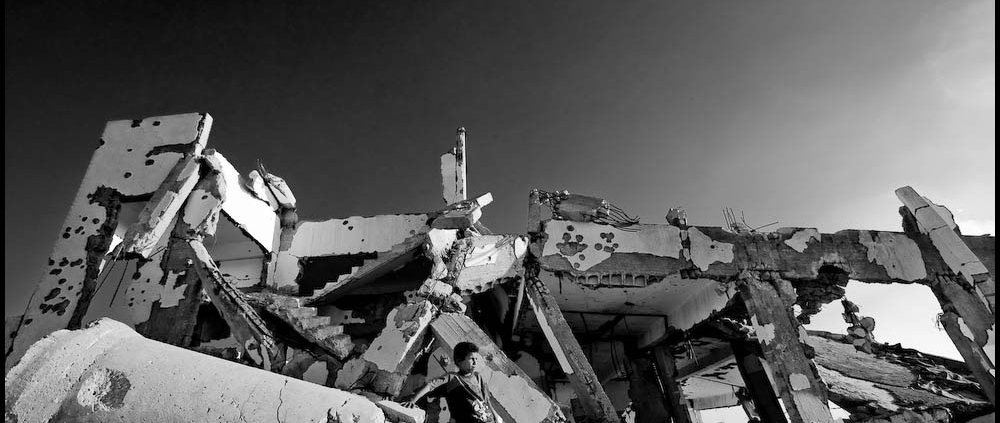
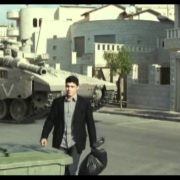
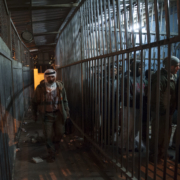

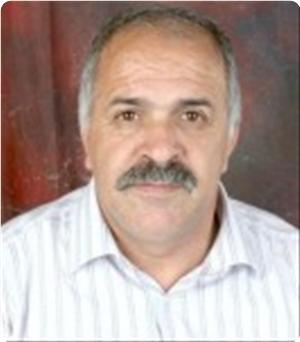

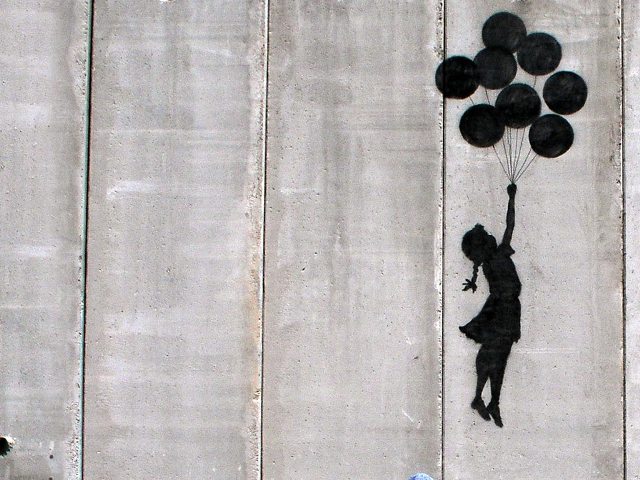
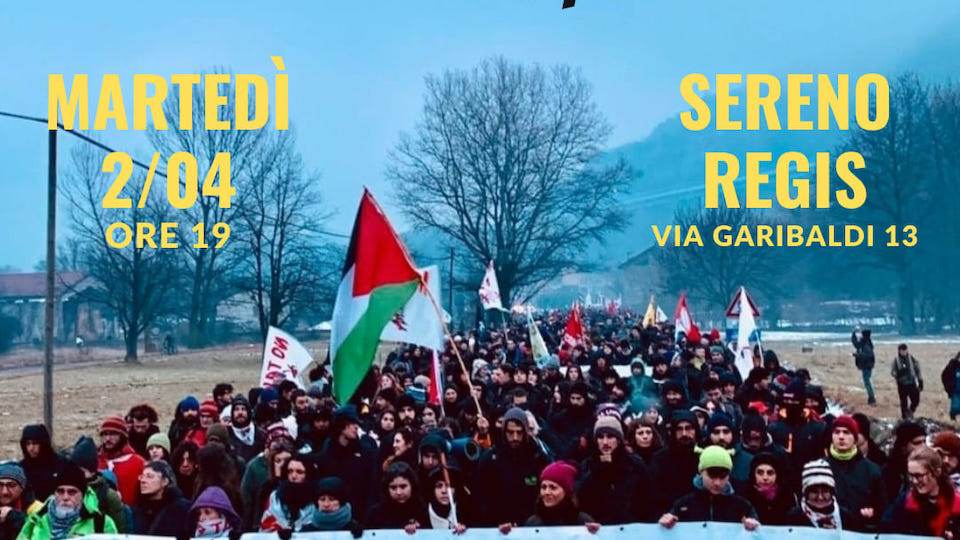
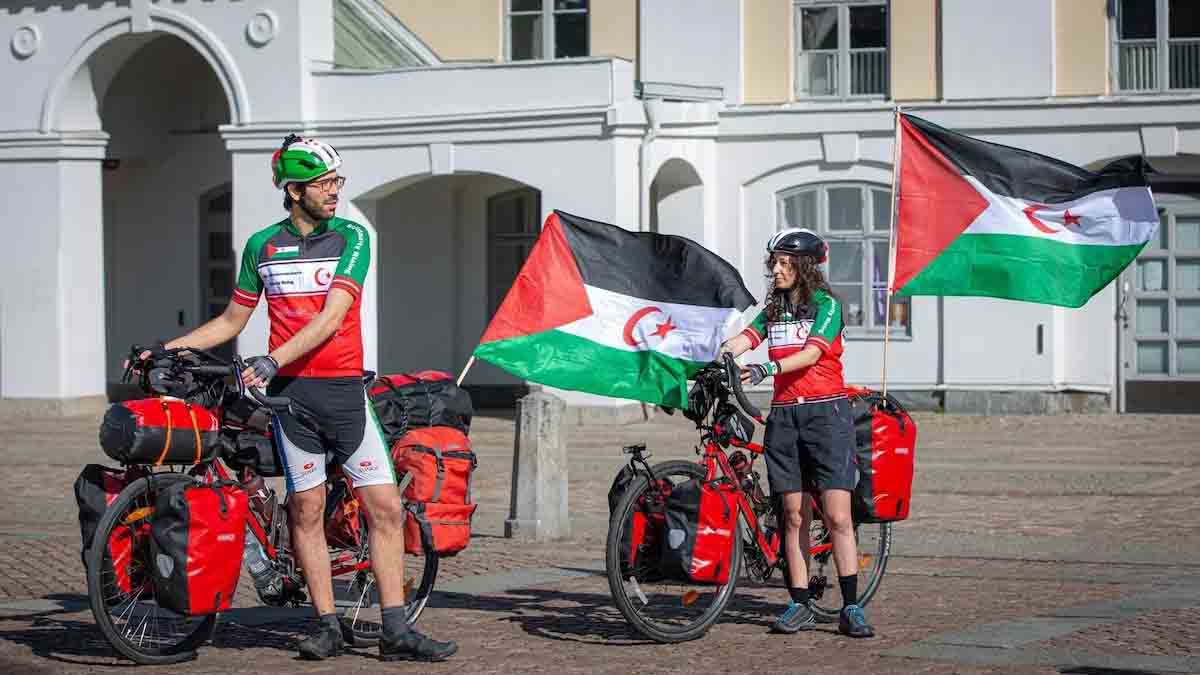
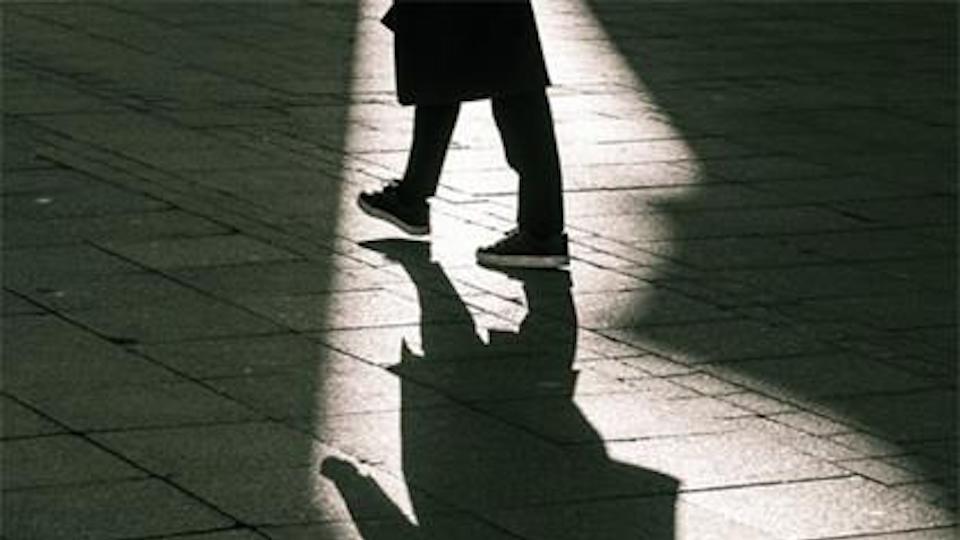

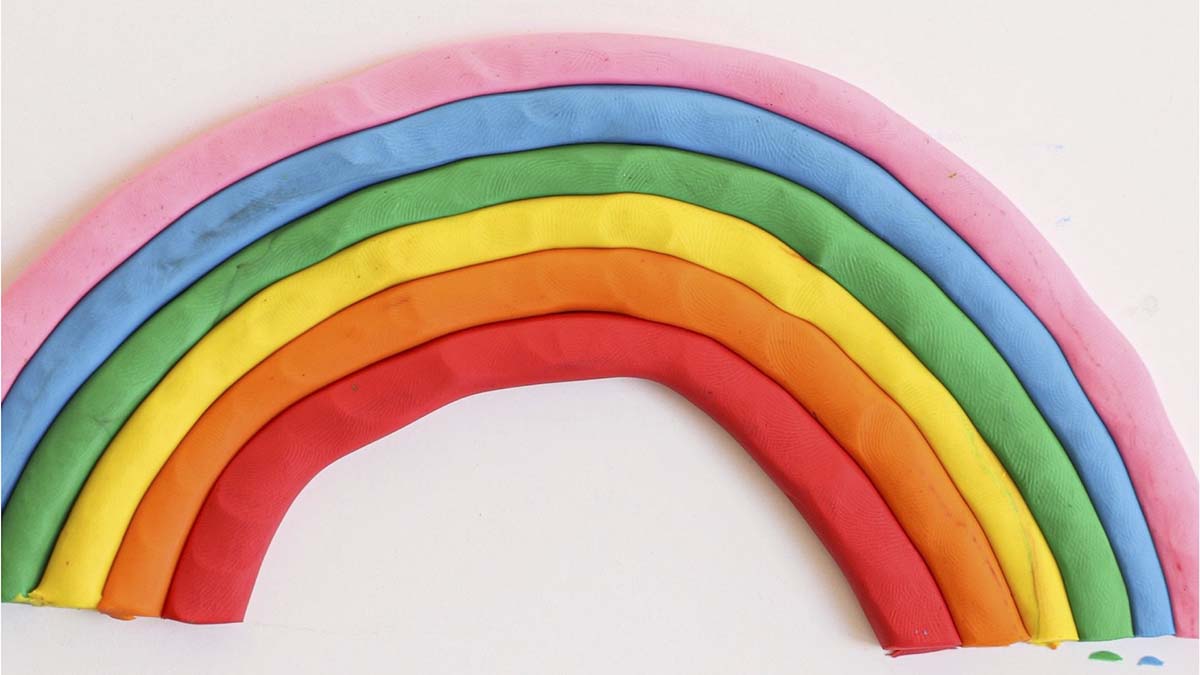
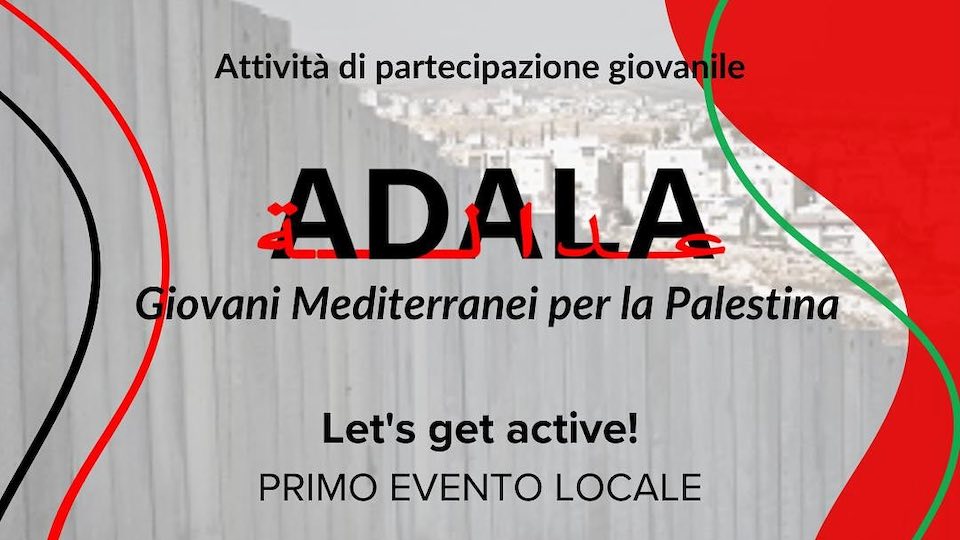
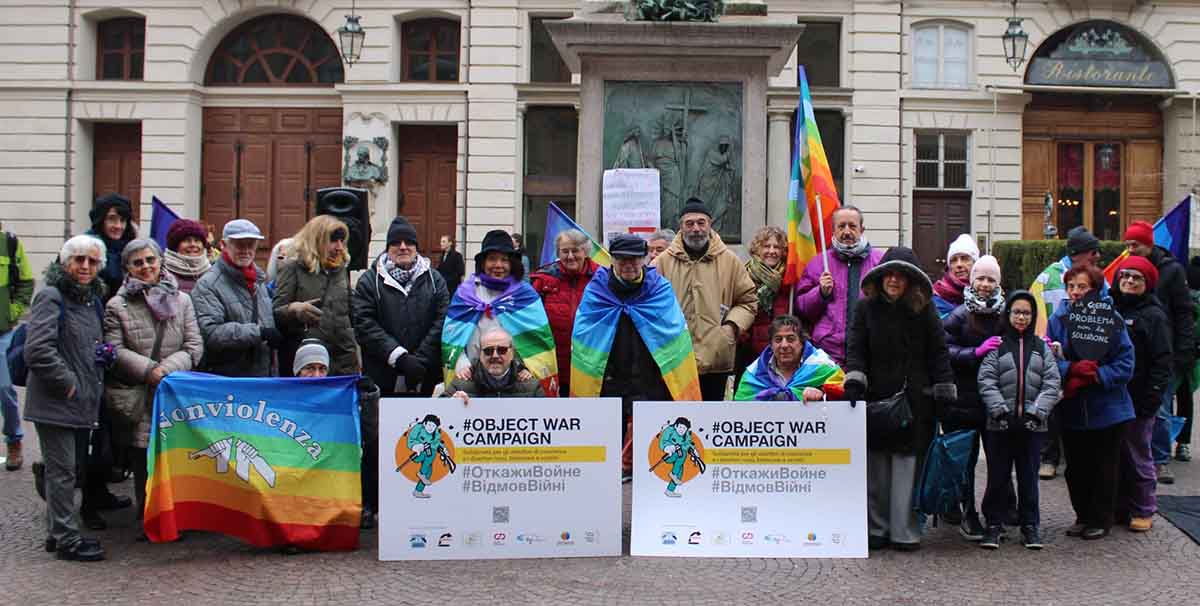
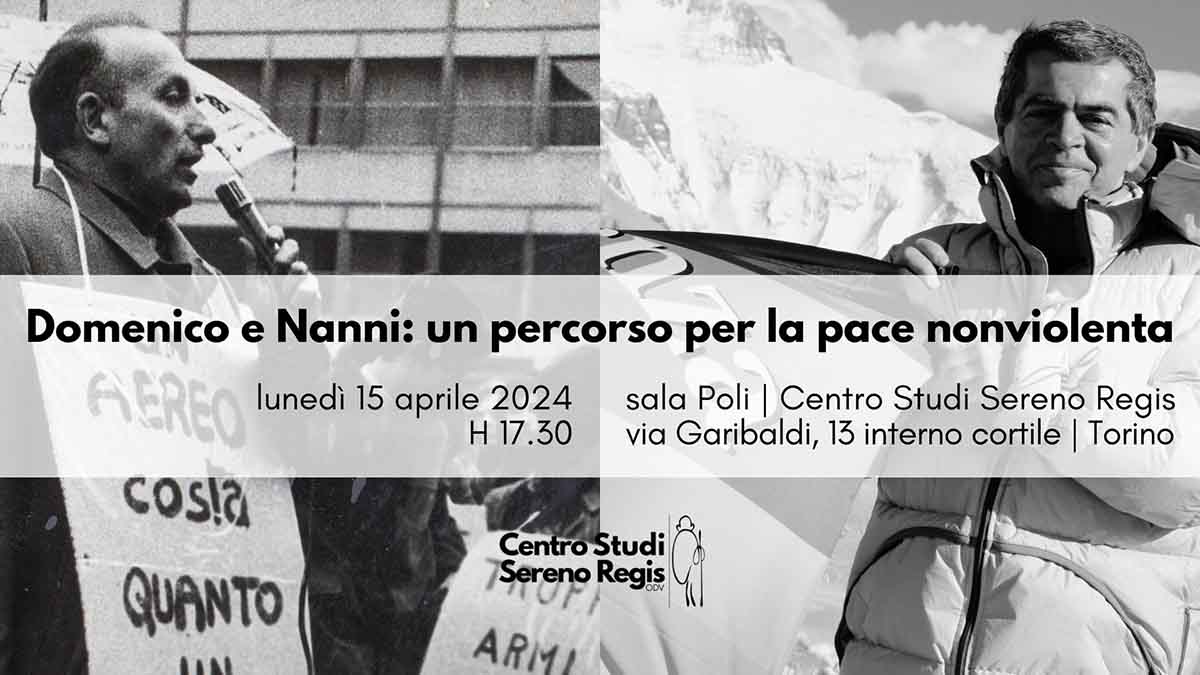
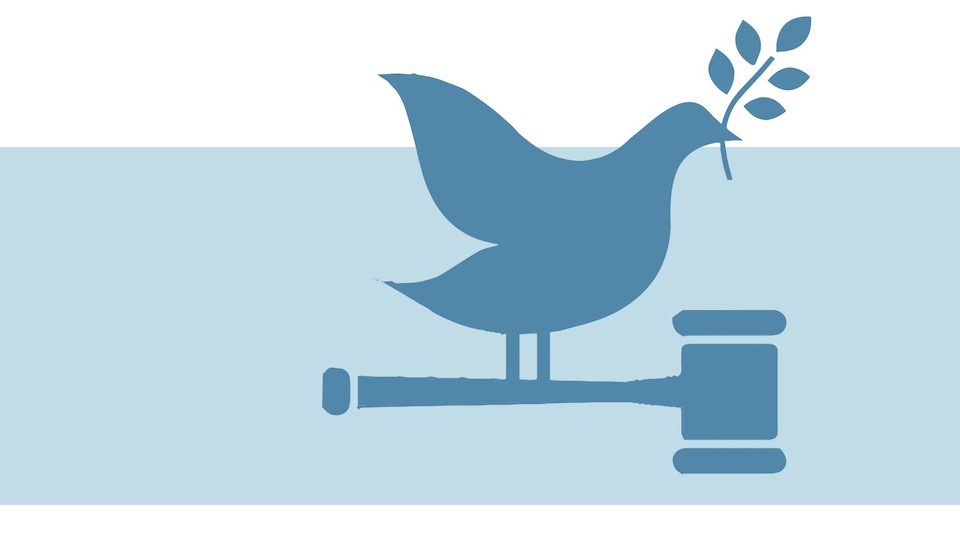
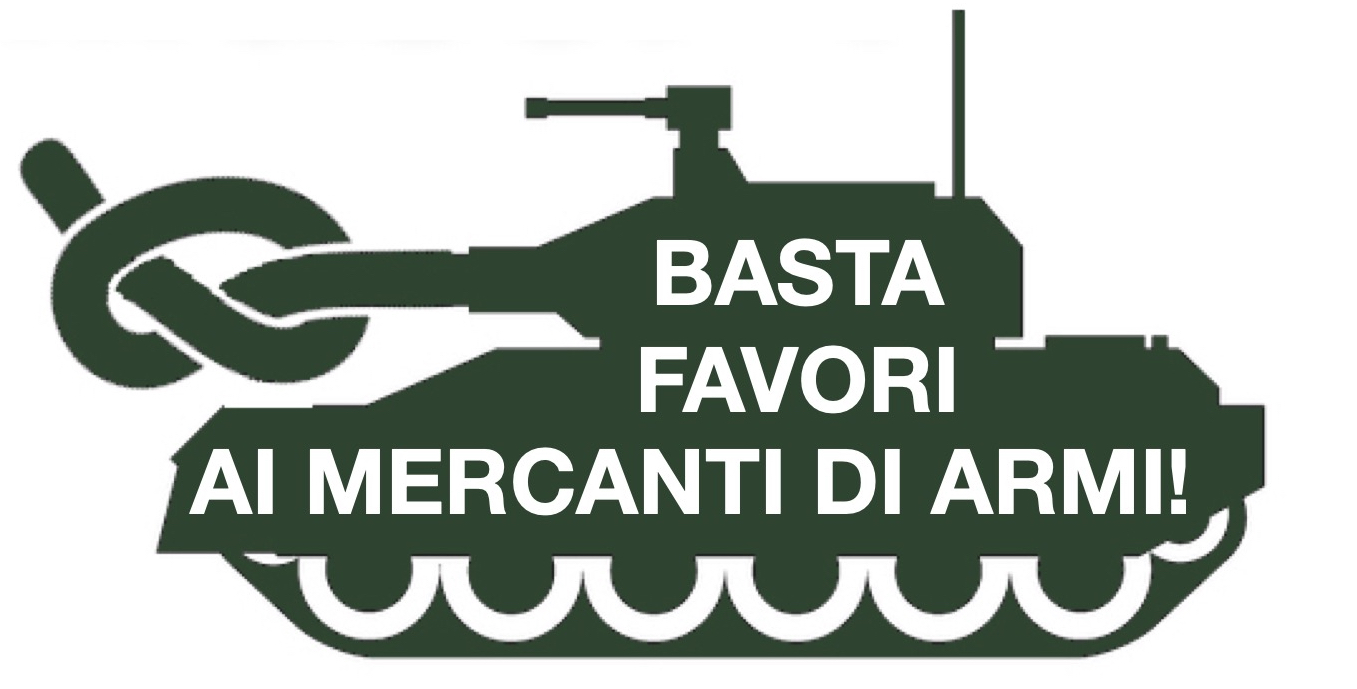
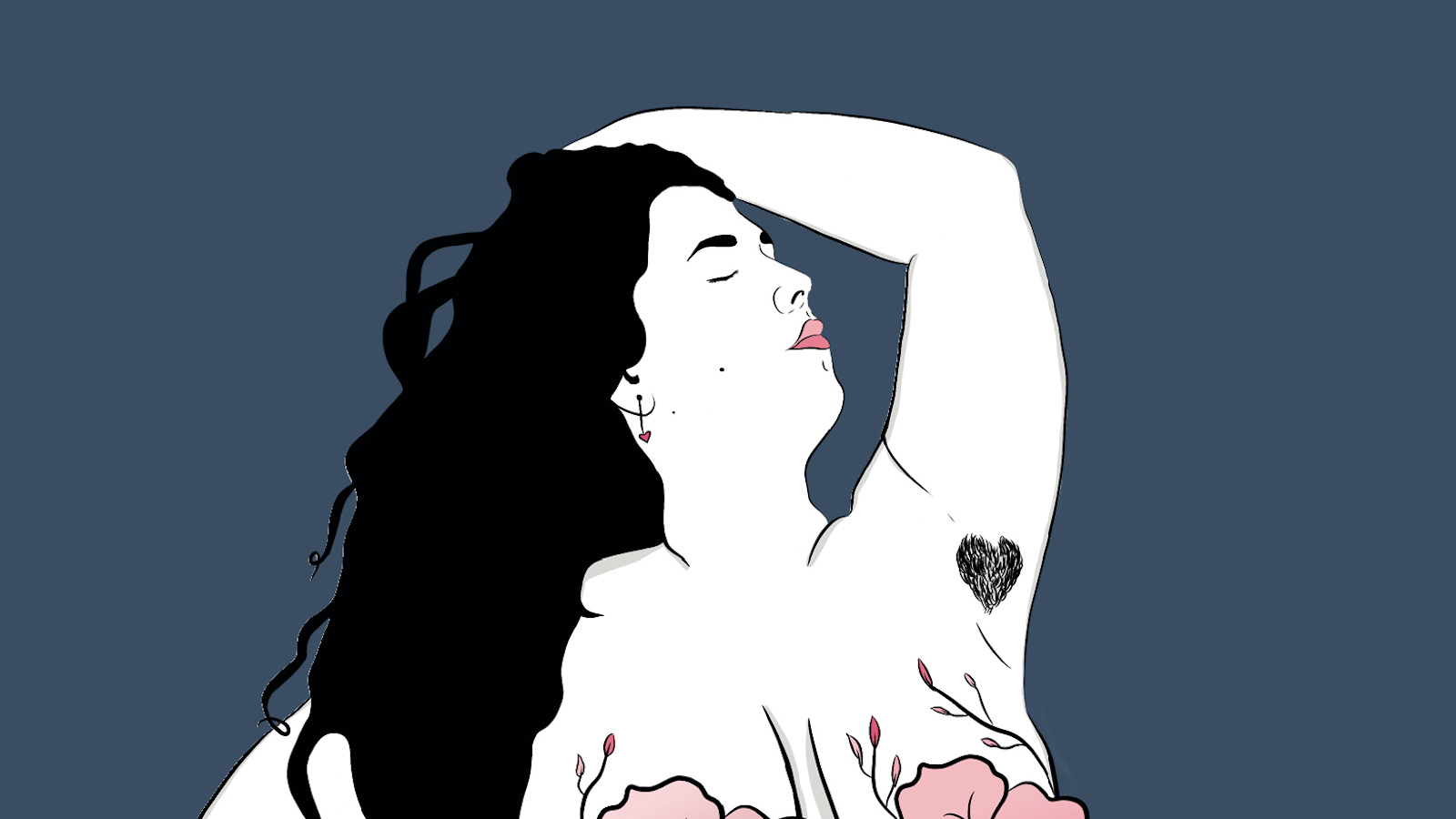
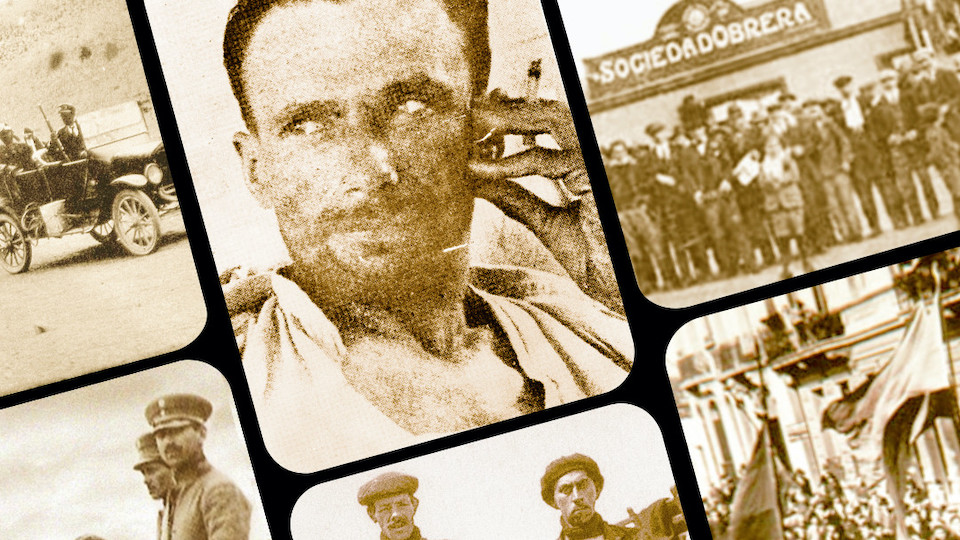
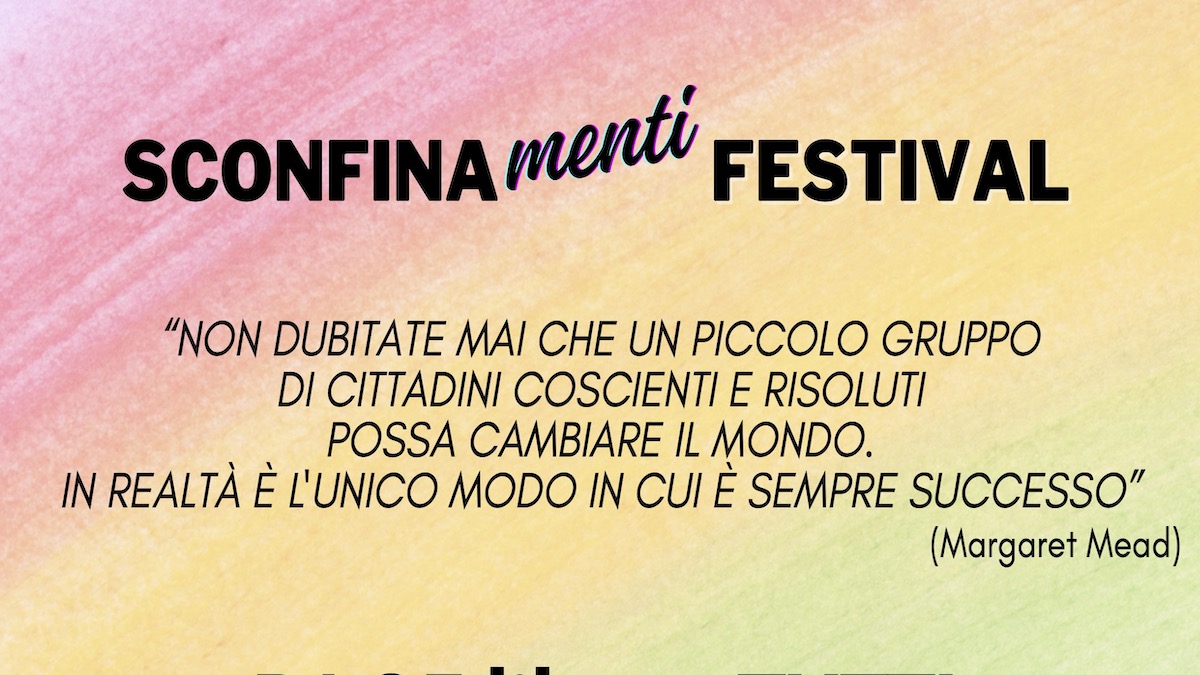
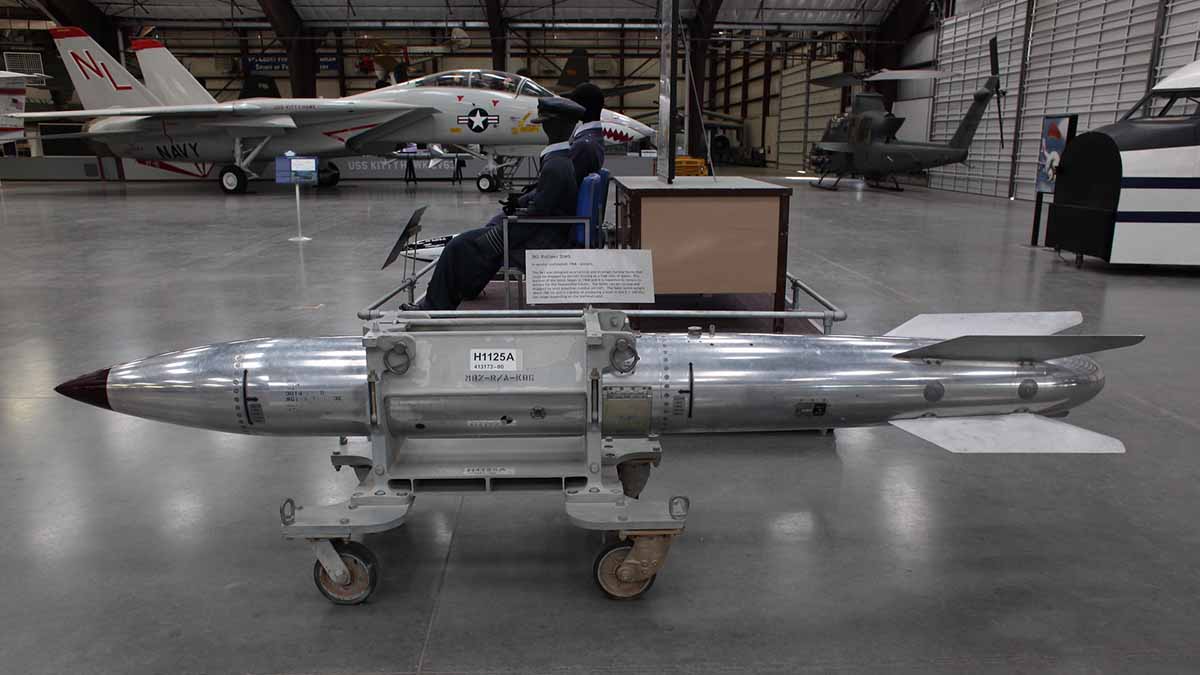
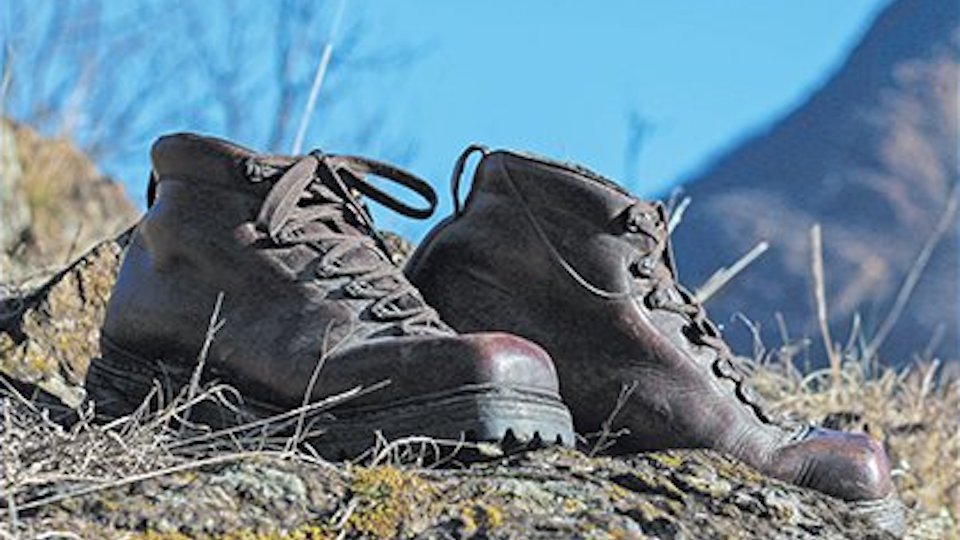

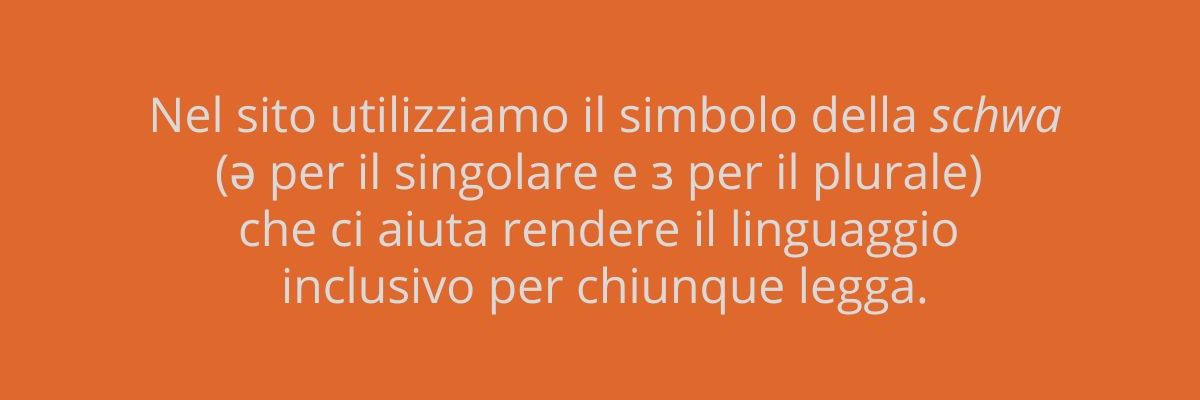

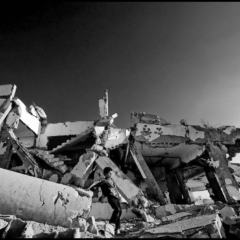
Lascia un Commento
Vuoi partecipare alla discussione?Sentitevi liberi di contribuire!